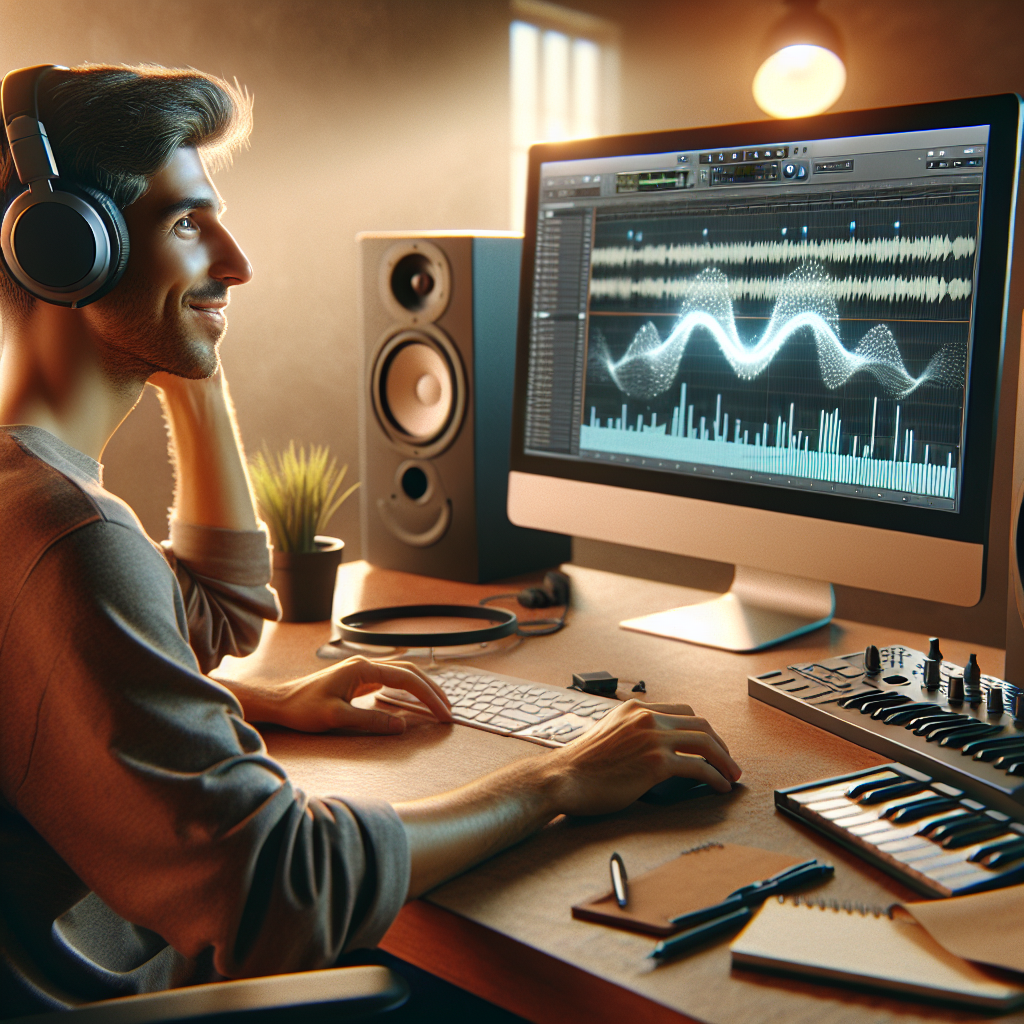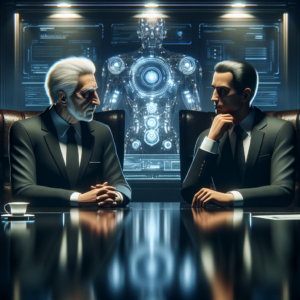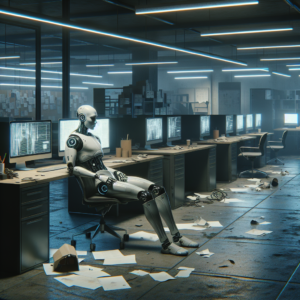I Was a Music AI Sceptic – Until I Actually Used It
As a lifelong music aficionado, I have always been passionate about the art of sound. Growing up, I spent countless hours listening to a diverse range of genres, from classical symphonies to modern electronic beats. However, my relationship with technology, particularly artificial intelligence (AI), has been more complex. I often found myself skeptical of AI’s role in creative fields, especially music. The idea that a machine could create something as deeply emotional and nuanced as music seemed far-fetched. It wasn’t until I ventured into the world of AI music generation that my perspective began to shift.
The Initial Doubts
Before my experience with AI music tools, my skepticism was rooted in several key concerns:
Lack of Human Emotion
Many of us cherish music because it evokes emotion. I worried that AI would miss the emotional depth and personal experiences that human musicians inject into their work. Could a machine truly understand sadness, joy, or nostalgia in the same way a human could?
Creativity vs. Computation
Music is often seen as a form of art, a product of creativity. My concern was that AI, being fundamentally a computational entity, would struggle to push creative boundaries in the way that human artists do. How could a program generate truly original and inspiring compositions?
The Fear of Replacement
As a music lover and amateur musician, I was also apprehensive about the potential of AI to replace human musicians. What would this mean for artists, composers, and the music industry? The thought of machines taking over creative roles was unsettling.
Taking the Plunge
Despite my reservations, curiosity got the better of me. I decided to try out a few AI music generation tools to experience their capabilities firsthand. I was determined to uncover whether these technologies could indeed create music that resonated.
Exploring AI Music Generators
I began my journey by researching various AI music generators available online. Some of the most notable ones included:
– OpenAI’s MuseNet: A powerful neural network that can generate music in various styles, from classical to pop.
– AIVA (Artificial Intelligence Virtual Artist): Designed for composers, AIVA creates original scores for films, games, and other media.
– Amper Music: A user-friendly platform that allows users to create music by selecting styles, instruments, and moods.
After experimenting with a few of these tools, I found myself pleasantly surprised.
The Surprising Results
My initial doubts began to wane as I discovered the capabilities of these AI tools. Here are some observations that stood out during my experimentation:
Emotionally Resonant Compositions
To my astonishment, AI-generated music often evoked strong emotions. Programs like MuseNet were able to compose intricate pieces that reflected a range of feelings. I listened to a symphony generated in the style of Beethoven, and while it wasn’t an exact replica, it captured the essence of classical music beautifully.
Unconventional Creativity
AI music generators often surprised me with their creativity. By blending styles and utilizing unique patterns, they produced compositions that felt fresh and innovative. For instance, I experimented with AIVA to create a soundtrack for a fictional film, and the resulting score was imaginative and engaging, showcasing a blend of orchestral music with modern electronic elements.
Empowerment for Musicians
Rather than replacing human musicians, AI tools seemed to empower them. I found that many artists were using AI as a collaborative partner, generating ideas and exploring new styles. These technologies provided a springboard for creativity, allowing musicians to push boundaries and experiment without fear of failure.
The Role of AI in the Future of Music
As I delved deeper into the world of AI music generation, I began to contemplate its role in the future of the music industry. Here are some potential impacts:
Enhanced Collaboration
AI can serve as a valuable collaborator for musicians, helping them explore new sounds and ideas. As artists incorporate AI into their creative processes, we may witness a renaissance of musical innovation.
Accessibility
AI music tools are becoming increasingly accessible, allowing individuals without formal training to create music. This democratization of music creation could lead to a surge of new talent and diverse voices in the industry, enriching the musical landscape.
Shifting Paradigms
As AI-generated music becomes more prevalent, it may challenge our traditional understanding of authorship and creativity. Conversations around copyright, intellectual property, and what it means to be an artist will become increasingly important in navigating this evolving landscape.
Final Thoughts
My journey from skepticism to appreciation of AI in music has been transformative. While I still hold onto the belief that human emotion and experience are irreplaceable, I now recognize the potential of AI as a tool that can enhance creativity rather than diminish it. As technology continues to advance, the possibilities for music creation are boundless.
In conclusion, embracing AI doesn’t mean we have to relinquish our love for human artistry. Instead, it presents an opportunity to explore new dimensions of creativity. As we move forward, it’s essential to keep an open mind and consider how these technological advancements can coexist with the rich tapestry of human expression in music. The future of music is bright, and AI is just one of the many instruments we can use to compose our collective soundtrack.



